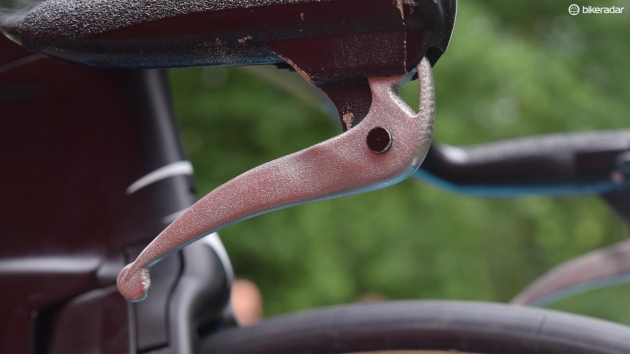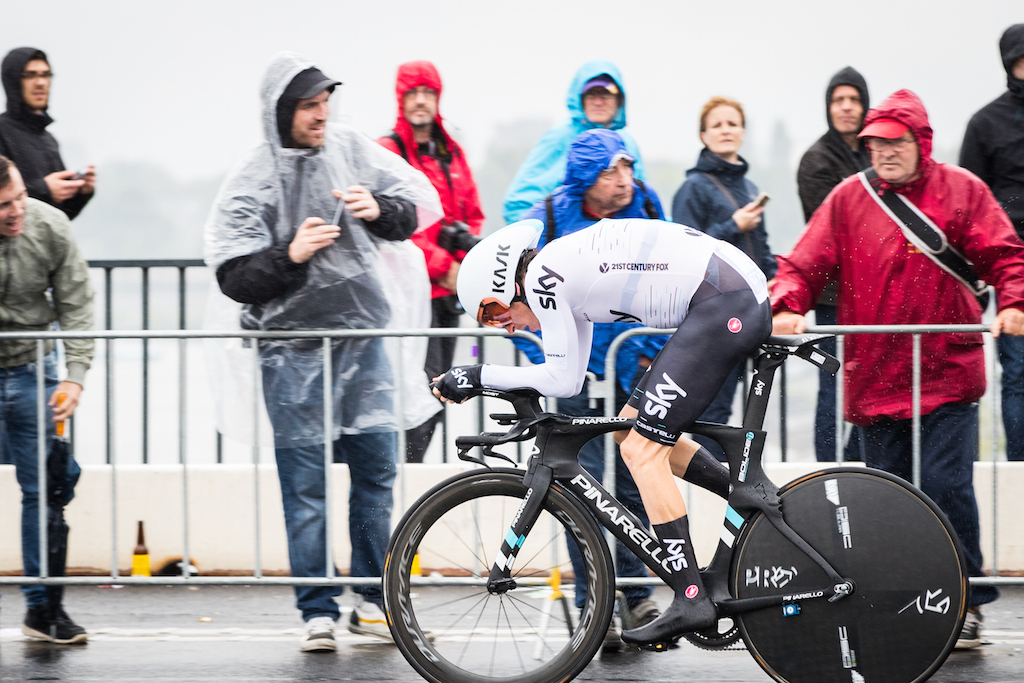Pinarello, a bicycle company based in Italy, has used metal 3D printing to create a unique handlebar design for Tour de France cyclists Chris Froome and Geraint Thomas.
According to BikeRadar, the manufacturing technique was preferred “to reduce cost and lead times” in creating custom fit designs. Chris Froome and Geriant Thomas of Team Sky rode with the 3D printed components during the opening time trial stage in Dusseldorf.

3D printed win
Geriant Thomas claimed the first yellow jersey of the Tour with a win in the Dusseldorf time trial. Aided by the 3D printed handlebars, Thomas finished five seconds ahead of the competition. Fellow Team Sky member and Brit, Chris Froome, came closely in sixth place.
The beginning time trial stage of the Tour de France is one of only two individual races in the competition. The winner of the 2017 Tour de France will be also decided by a time trial on the final day. In these time trial stages, the racing dynamic is quite unlike any other part of the race. Riders cannot rely on the slipstreams of their teammates and so must concentrate more on their own aerodynamics. It is for this reason that 3D printing played such an intrinsic role in the design of the time trial bikes.
Chris Froome is currently leading the Tour which is now at stage 15 before it concludes on Sunday July 23. While Welshman Geriant Thomas, despite his impressive start, was forced to abandon the Tour following a crash during stage 9.

Computer aided design
Pinarello used simulation software to custom-design the 3D printed handlebars for each rider. The parts were then sent to a powder bed metal additive manufacturing machine for production.
This is certainly not the first time 3D printing has been used to create custom bespoke parts for elite sporting events. A number of Formula One racing teams are exploring the benefits of 3D printing to create parts quickly and reduce lead times. American Indycar racing team Penske has implemented 3D printing to create vital parts for its on trackside operations.
Pinarello will release this concept ‘Dogma F10’ design later this year and estimate the lead time will be 90 days following a 3D scan of the customer. It is not yet clear the price Pinarello will charge but it is expected to be quite high considering the advanced production process. In the future, the 3D printed bike model could even traverse 3D printed terrains with Eindhoven University of Technology 3D printing a concrete bicycle bridge.
For all the latest aerospace 3D printing news, subscribe to the most widely read newsletter in the 3D printing industry, follow us on twitter and like us on Facebook.
Featured image shows the 3D printed titanium Pinarello bike. Image via Josh Evans/Immediate Media.



